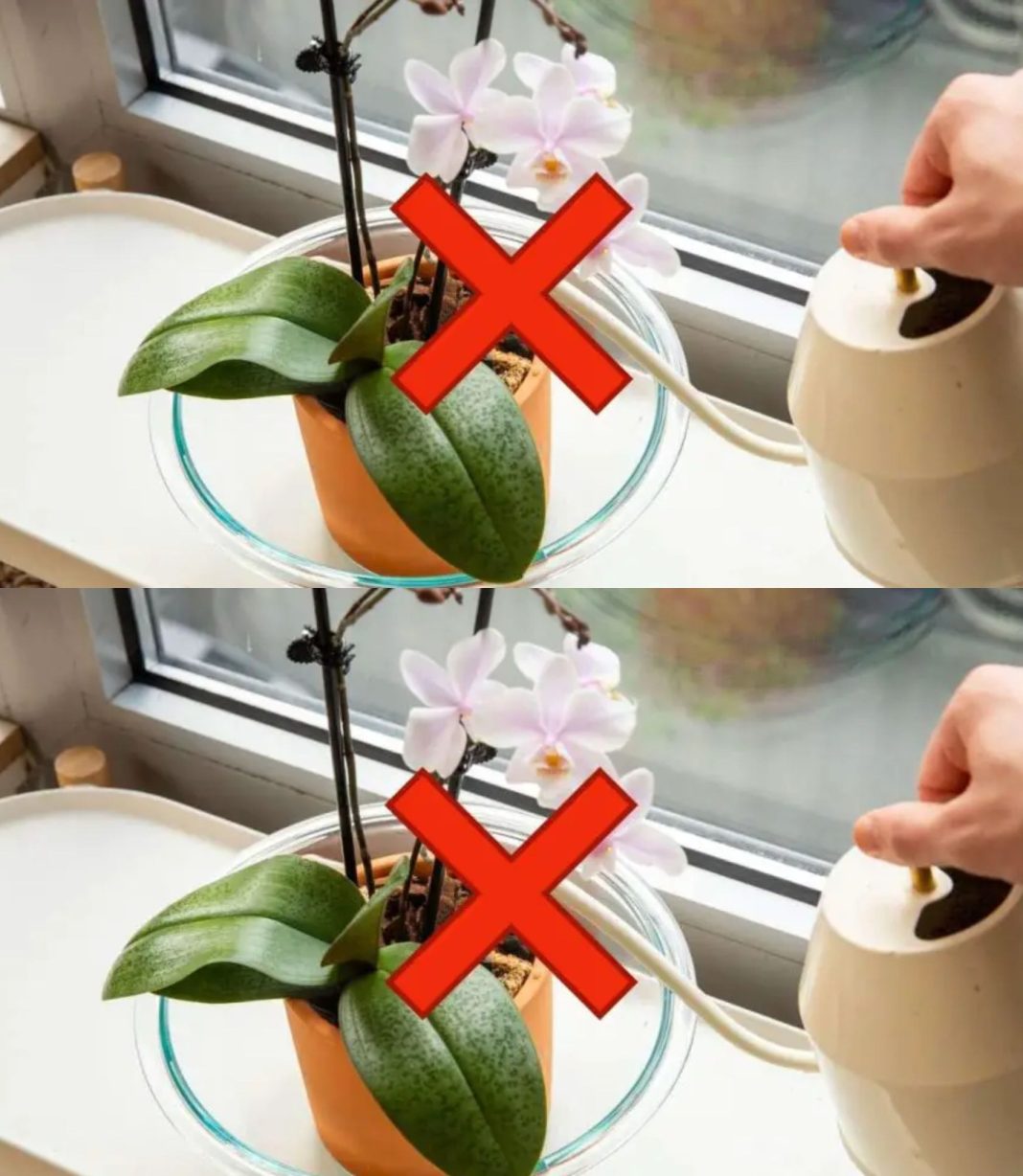Orchid, this mistake is dangerous: you risk throwing it away after 7 days
Phalaenopsis Orchid: The Most Critical Mistake You Might Make, Putting Your Plant at Risk Within 7 Days
The phalaenopsis orchid stands out as one of the most exquisite winter flowers to adorn your home. However, challenging environmental conditions and harsh winter temperatures can pose obstacles to its lush growth. To ensure the well-being of this captivating cultivar, it’s crucial to heed the valuable advice of expert nurserymen and steer clear of mistakes that could prove detrimental. Let’s delve into the errors you must avoid when caring for and cultivating this perennial herbaceous plant.
Orchid: A Perennial Elegance
The orchid, a perennial herbaceous plant belonging to the Orchidaceae family, adds an element of elegance and sophistication to your home environment. Like all flowering plants, orchids demand special care and attention. Here are the mistakes you should sidestep to preserve the beauty and health of your plant.
Common Orchid Mistakes
Wrong Plastic Pot
Potting the orchid in a plastic pot is a common mistake. Opting for a transparent container allows the orchid’s roots to thrive and ensures they remain healthy. The transparency of the pot enables easy monitoring of the plant’s root condition.
Insufficient Humidity
Humidity is crucial for the thriving growth of orchids. Keeping the perennial plant in dry air can lead to its decline. Maintain a humidity level of at least sixty percent, with ideal locations being the bathroom and kitchen, where humidity is naturally higher.
Direct Sunlight Exposure
Keeping the orchid in direct sunlight is another prevalent mistake. Orchids, being tropical plants, prefer shade and indirect sunlight. Direct exposure to the sun’s rays can damage and dry the bright green leaves, hindering the growth of orchid buds. Follow the advice of nurserymen and place the orchid in a shaded area where sunlight reaches indirectly.
Unsuitable Fertilizer
Using an unsuitable fertilizer is another common error. Orchids require specific products with a higher nitrogen quantity compared to potassium and phosphorus. Aim for a balanced chemical composition, following the formula of 30,10,10 (10 parts phosphorus, 10 parts potassium, and 30 parts nitrogen). An unbalanced nutrient supply may lead the tropical plant through a degenerative process.
These are the most common mistakes to avoid when caring for and cultivating an orchid in your home environment.


